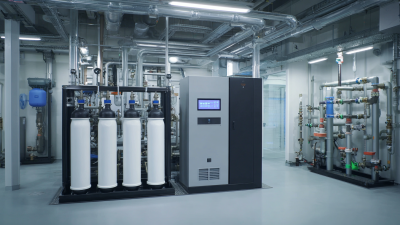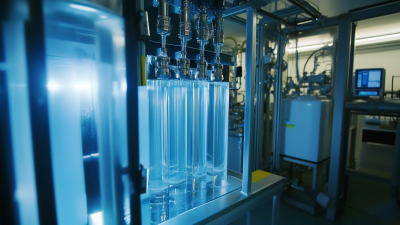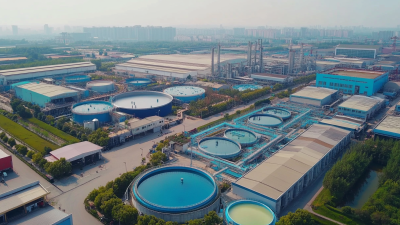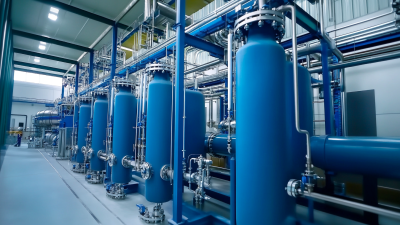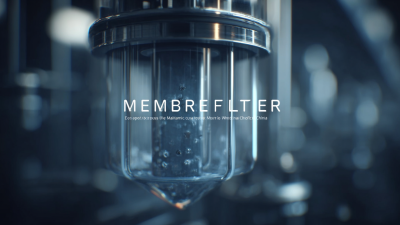Leave Your Message
Request a Quote
In recent years, the demand for high-quality water has surged, prompting industries to seek innovative filtration solutions. Ultra Filtration (UF) has emerged as a crucial technology in this quest, effectively removing particles, bacteria, and viruses from water while allowing essential minerals to pass through.
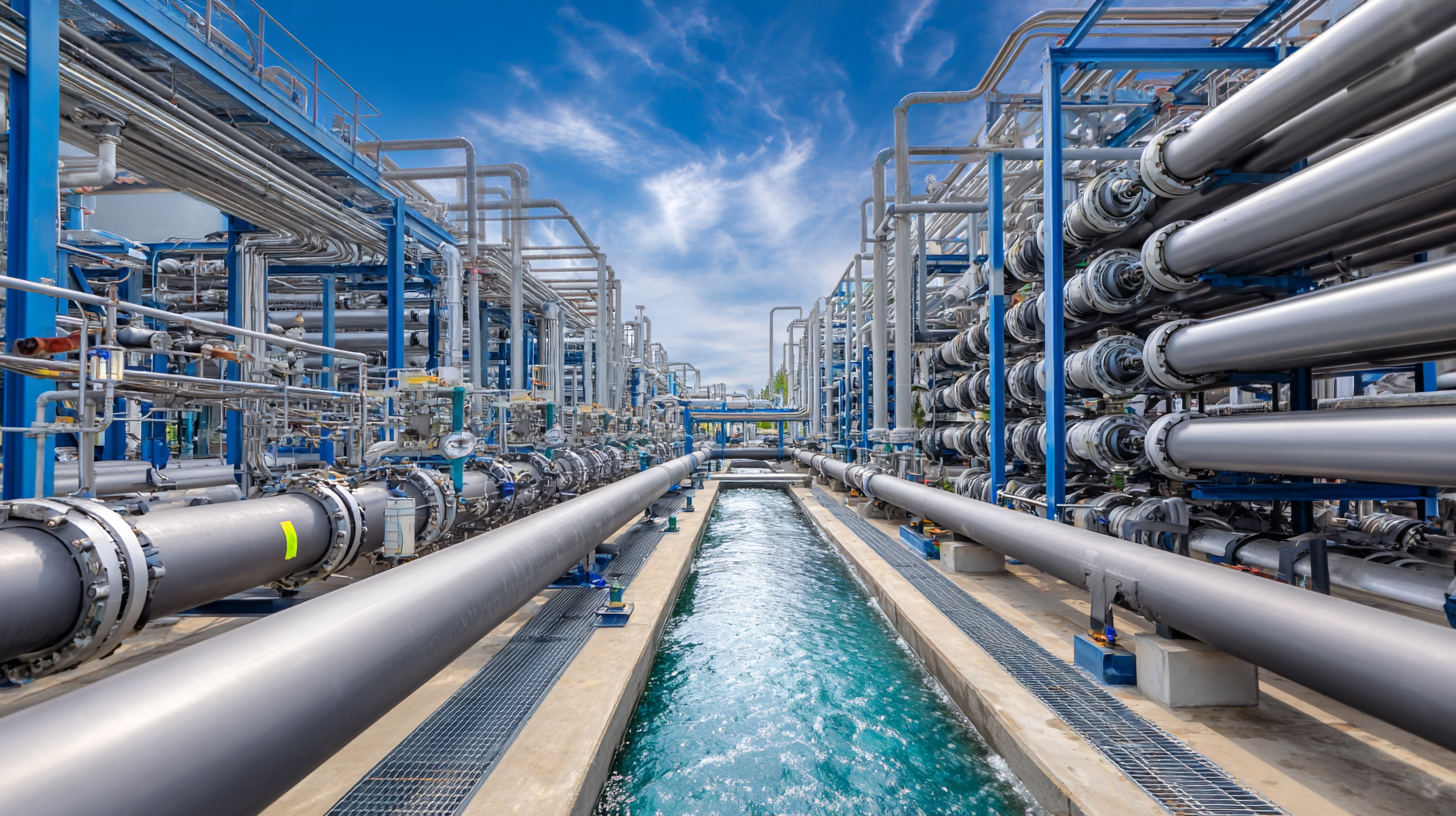
According to a report by MarketsandMarkets, the global Ultra Filtration market is projected to reach USD 4.8 billion by 2025, demonstrating a compound annual growth rate (CAGR) of 12.5% from 2020 to 2025. This significant growth underscores the increasing recognition of UF's efficiency in enhancing water purity across various sectors, including food and beverage, pharmaceuticals, and municipal water treatment.
With the ability to operate effectively under varying pressures and temperatures, Ultra Filtration continues to redefine water purification methods, making it a vital component in the industry’s approach to sustainable and safe water management.
Ultra filtration (UF) is a pivotal membrane filtration technique that operates with pore sizes typically ranging from 1 to 100 nanometers. It effectively separates particles, bacteria, and viruses from water, making it an essential process in water purification. According to a 2022 report by the Water Research Foundation, ultra filtration membranes can achieve a removal efficiency of over 99% for pathogens, thereby significantly improving the microbiological quality of water for both industrial and potable uses.
The driving principles behind ultra filtration hinge on the physical size exclusion mechanism, where larger particles are retained on the membrane surface while smaller solutes and water pass through. As per the Global Membrane Market Report 2023, the implementation of UF systems has grown by approximately 15% annually, illustrating its increasing adoption in water treatment facilities worldwide. With the rising emphasis on clean water access and environmental sustainability, ultra filtration not only helps in enhancing water purity but also aligns with regulatory demands for safer water supplies.
This chart illustrates the effectiveness of Ultra Filtration in improving water purity levels. The data indicates a significant increase in water purity percentage from the pre-filtration stage to the ultra filtration stage, and a slight drop in purity post-filtration, emphasizing the importance of ultra filtration in the water treatment process.
Water purity is paramount across various industries due to its significant impact on health, safety, and sustainability. For example, the Queensland Reef Water Quality Program highlights the need for stringent water quality measures to safeguard ecosystems critical to industries reliant on natural resources. This initiative demonstrates how maintaining clean water is not just an environmental concern but also an economic imperative, as it supports tourism and fisheries vital to the region’s economy.
In the agricultural sector, clean water is essential for livestock production and crop irrigation, directly affecting food security and economic stability. The promotion of sustainable cotton practices underscores the industry's shift toward environmentally responsible operations that reduce pollutants in water sources. Furthermore, the challenges posed by heavy metal contamination in industrial zones illustrate the urgent need for robust regulatory frameworks to ensure water purity and protect public health. By prioritizing water quality, industries can achieve operational efficiencies while contributing to broader environmental goals, fostering a sustainable future.
| Industry | Water Purity Requirement (%) | Common Contaminants | Ultra Filtration Benefits |
|---|---|---|---|
| Beverage Industry | 99.9% | Microorganisms, Particulates | Improves taste, extends shelf life |
| Pharmaceuticals | 99.99% | Bacteria, Viruses | Ensures product safety and efficacy |
| Food Processing | 99.5% | Suspended solids, Pathogens | Enhances quality, removes odors |
| Electronics Manufacturing | 99.9999% | Ions, Particulate Matter | Removes contaminants that affect circuits |
| Aquaculture | 95% | Chemicals, Pathogens | Maintains water quality for fish health |
Recent reports indicate a remarkable surge in the utilization of ultra filtration (UF) technology across various industries, driven by the growing demand for high water purity standards. According to a 2022 market analysis from the Global Water and Wastewater Treatment Industry, the ultra filtration sector is expected to witness a compound annual growth rate (CAGR) of 9.2% between 2023 and 2028. This significant growth is attributed to the rising concerns over water safety and quality, as industries seek efficient and sustainable solutions for water treatment.
Moreover, in the food and beverage sector, ultra filtration has emerged as a crucial process for separating macromolecules while retaining essential nutrients. A study published in the Journal of Food Engineering highlighted that UF can improve the clarity and quality of beverages, resulting in a higher consumer satisfaction rate. Additionally, the pharmaceutical industry has increasingly adopted UF processes in the purification of biopharmaceuticals, with a 2023 report from BioPharma Insights noting that 65% of manufacturers now utilize ultra filtration to enhance product purity and safety. This trend underscores the critical role of ultra filtration as a transformative technology in achieving regulatory compliance and meeting consumer expectations in various markets.
Ultra filtration (UF) has emerged as a vital technology in the quest for enhanced water quality and safety. By employing membranes with microscopic pores, UF effectively removes suspended solids, bacteria, and larger organic molecules from water, drastically improving its purity. This technique is particularly significant in the context of growing concerns about water contamination due to urbanization and industrial activities. Recent studies have indicated that the integration of advanced filtration methods, including UF, can lead to remarkable improvements in water quality, which is essential for both human health and environmental sustainability.
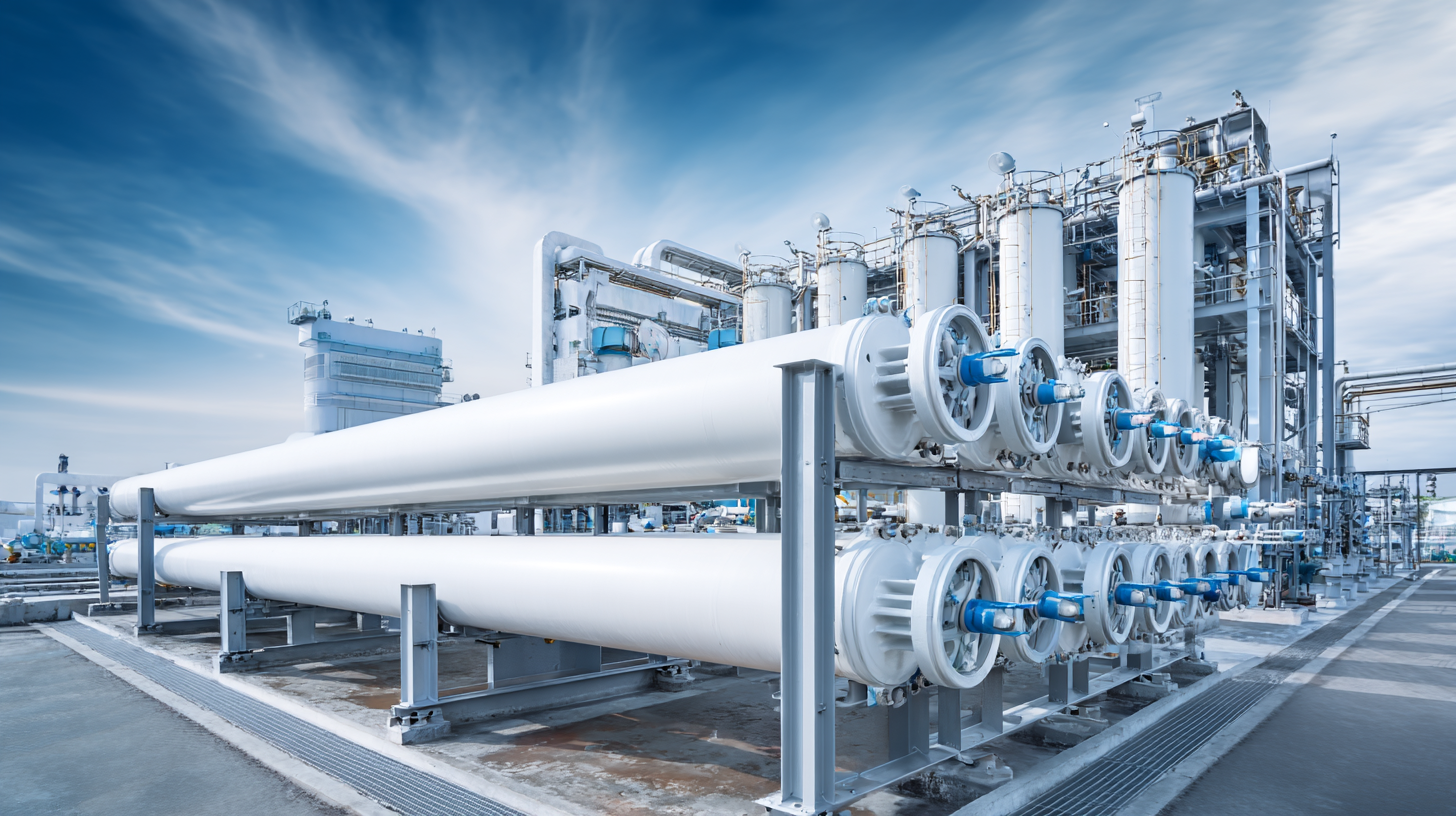
In addition to its role in purifying drinking water, ultra filtration can also enhance water reclamation processes and support the restoration of natural ecosystems, such as lakes and rivers. For example, community initiatives like the Ecorse Creek watershed restoration highlight the importance of using advanced filtration techniques to improve water quality and subsequently support recreational activities. As industrial practices evolve, the use of UF systems plays a crucial role in ensuring that water remains safe for consumption and use, ultimately fostering a healthier environment for all.
Future innovations in ultra filtration technologies are paving the way for
enhanced applications across various industries, notably in food and beverage,
municipal water treatment, and the oil and gas sector.
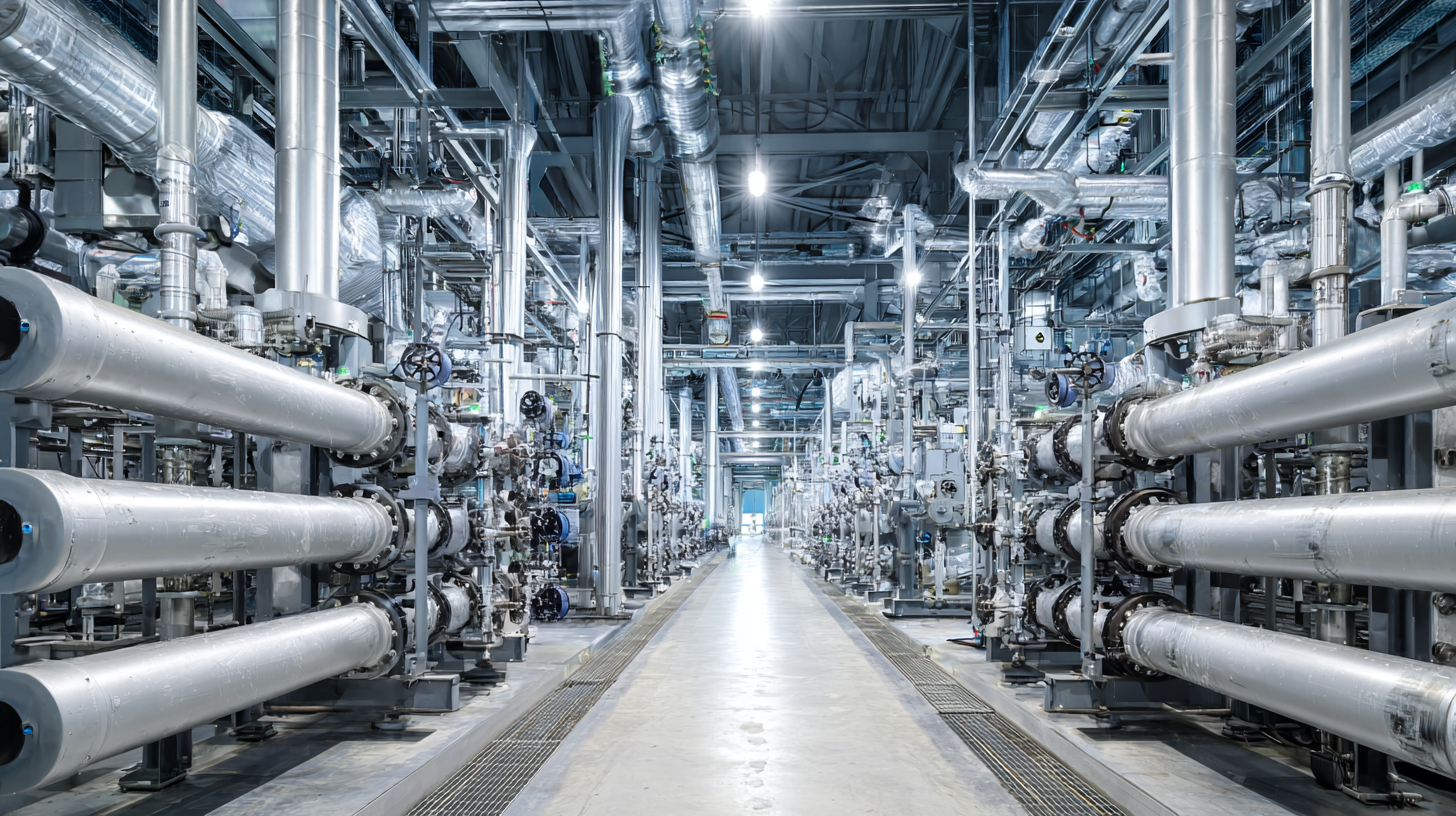 In the food and beverage industry, the integration of ultra filtration systems not only ensures higher water purity but
also optimizes the production process by concentrating flavors and removing unwanted particles. Meanwhile, in
municipal water treatment, advanced ultra filtration techniques are becoming essential for meeting strict regulatory
standards, offering a reliable solution for producing safe drinking water.
In the food and beverage industry, the integration of ultra filtration systems not only ensures higher water purity but
also optimizes the production process by concentrating flavors and removing unwanted particles. Meanwhile, in
municipal water treatment, advanced ultra filtration techniques are becoming essential for meeting strict regulatory
standards, offering a reliable solution for producing safe drinking water.
In terms of regional insights, emerging markets in Asia and Africa are leading in the adoption of ultra filtration technologies due to increasing demands for clean water and more sustainable practices. Predictions indicate a growing trend towards the use of microfiltration (MF), ultra filtration (UF), and reverse osmosis (RO) systems as industries seek to enhance efficiency and sustainability. These advancements not only promise improved performance but also align with global efforts to reduce environmental impact, suggesting a bright future for ultra filtration applications worldwide.
